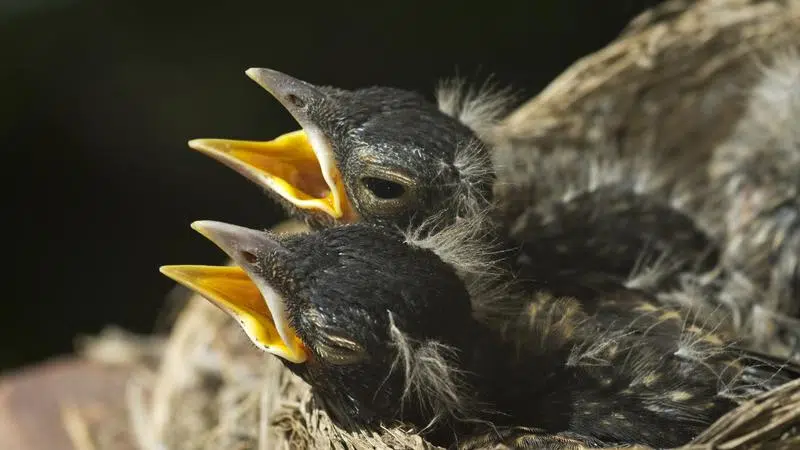
Baby birds outside the nest: Experts say it’s OK to intervene
If you see a flightless baby outside its protective nest, the Wildlife Rehabilitation Society of Saskatchewan (WRSOS) wants people to know they can help.
“It’s a myth — a bird can not smell you on their young,” the organization said in a social media post. “If you find a baby bird that has fallen, please try to put it back in its nest.”
Penny Zelensky, a Prince Albert-based volunteer with WRSOS told paNOW a fluffy infant won’t last long on the ground before it’s picked up by a predator or succumbs to the elements.
“That’s open season for a cat or a big bird to come along,” she said. “It’ll be dead in no time because it will either get eaten by something or it will freeze to death. They don’t have any heat regulation, so they need to be in a nice snuggly nest.”


